Description
-
Richard Sears – Clinical Supervision: An Evidence-Based Framework for Developing Competent, Compassionate, and Skilled Clinicians
- Faculty:
- Richard Sears
- Duration:
- 6 Hours 18 Minutes
- Format:
- Audio and Video
- Copyright:
- May 08, 2020
Description
Are your supervision sessions becoming routine? Does it feel like you are just checking a box? Or, do you find that your supervisees only know theory, and have trouble getting comfortable with moving experientially into the therapy process?
Clinical supervision is so much more than arbitrary case reviews and signatures!
Bring vitality and clinical value to your supervision sessions by infusing empirically-grounded principles of Acceptance and Commitment Therapy, behavior therapy, and experiential exercises.
Help move supervisees from passive participants to curious, competent, flexible professionals by facilitating supervision using the SHAPE framework (Morris & Bilich-Eric), an accessible, contextual model that teaches supervisees to:
- identify when to persist and when to change what they do in therapy
- learn from experience and loosen strict rule-governed behaviors
- avoid getting caught up in struggles with clients’ thoughts and emotions
- construct the big picture of what therapy and supervision are all about
- take small action steps as key to creating a pattern of change
- engage in supervision on a deeper level as opposed to rote case review
- and more!
Through lecture, discussion, video, case examples, role play, and experiential exercises, expert presenter Dr. Richard Sears will bring the principles of ACT and other approaches to life with his wisdom, humor, and passion to help SHAPE your supervisees into competent professionals in your very next supervision session!
Purchase this recording today!
Handouts
| Manual – Clinical Supervision (2.8 MB) | 44 Pages | Available after Purchase |
Outline
Why Integrate ACT Principles into Clinical Supervision?
- What makes ACT so accessible?
- The 6 core principles of ACT
- Being in the moment v. lost in the past or future
- Accepting reality as it is right now
- Noticing thoughts v. getting caught up in them
- Connecting to a bigger sense of self
- Making values-driven decisions
- Taking meaningful action
- Limitations of the research and potential risks
The SHAPE Framework of Clinical Supervision
Supervision Values
- Clarify goals and big picture values for the supervision process
- Contract to create meaningful commitment
- Check in regularly on direction and goals of supervision
- How to give difficult feedback effectively
- Attending to the highs and lows of the supervisory relationship
Hold Stories Lightly
- How to help supervisees learn from experience to loosen strict rule-governed behaviors
- Attend to workability
- Monitor stories and encourage flexible responding
Analysis of Function
- How to foster curiosity about the context and function of client behaviors
- Functional analysis of how the supervisee affects client behaviors
- Attending to the context and workability of what happens in the supervision sessions
Perspective Taking
- Why it’s important to promote flexible perspective taking
- How to help supervisees notice variations of experience and perspectives across contexts
- How to take different perspectives of the same experience
- Building reflective ability by seeing things form clients’ and supervisor’s perspectives, and assessing workability
Experiential Methods
- Why it’s important to use experiential methods to increase sensitivity to client-therapist context
- How to show rather than tell – use of role play, modeling, video, direct observation
- Noticing the effects of describing versus evaluating
- What to do when the supervisee is stuck or when things are not working
Faculty

Richard Sears, PsyD, PhD, MBA, ABPP Related seminars and products: 13
Director
Center for Clinical Mindfulness and Meditation
Richard W. Sears, PsyD, PhD, MBA, ABPP, is a board-certified clinical psychologist in Cincinnati, Ohio, where he is in private practice for both therapy and consultation. Dr. Sears has served as a clinical supervisor for 15 years in addition to teaching doctoral level supervision and consultation courses. He holds several academic appointments, including the Department of Clinical Psychiatry & Behavioral Neurosciences with the UC College of Medicine. Dr. Sears is also a psychologist contractor with the Cincinnati VA Medical Center and with Alliance Integrative Medicine.
A sought-after professional speaker, Dr. Sears has provided hundreds of seminars on Acceptance and Commitment Therapy (ACT) and mindfulness around the world, and is the author of over a dozen books, including the forthcoming ACT with Anxiety (2020), The CBT & Mindfulness Toolbox (2017), Mindfulness: Living through Challenges and Enriching Your Life in this Moment (2014) and Consultation Skills for Mental Health Professionals (2006). He is also a fifth-degree black belt in Ninjutsu, once serving as a personal protection agent for the Dalai Lama of Tibet. He has a PhD in Buddhist Studies, and received ordination in three traditions, as well as recognition as a Zen master, experiences that have greatly enriched his understanding of and passion for teaching the principles of mindfulness and ACT.
Speaker Disclosures:
Financial: Richard Sears holds faculty appointments at the University of Cincinnati. He receives a speaking honorarium from PESI, Inc.
Non-financial: Richard Sears is a diplomate of the American Board of Professional Psychology and is a fellow of the Academy of the American Board of Clinical Psychology.
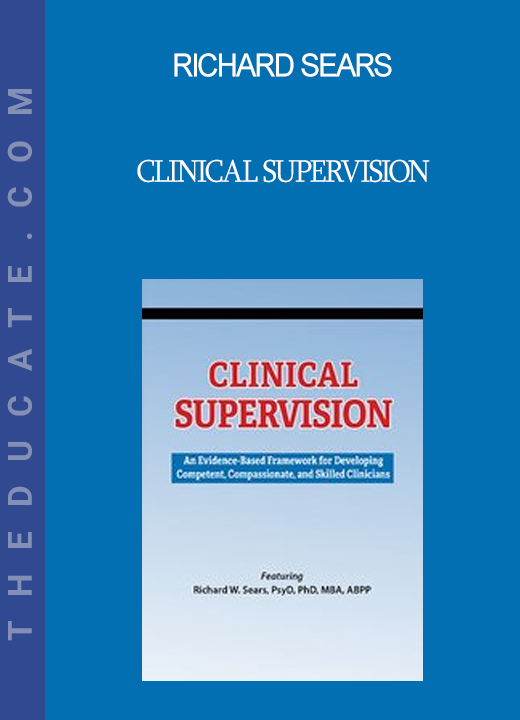
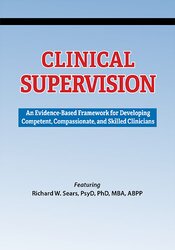



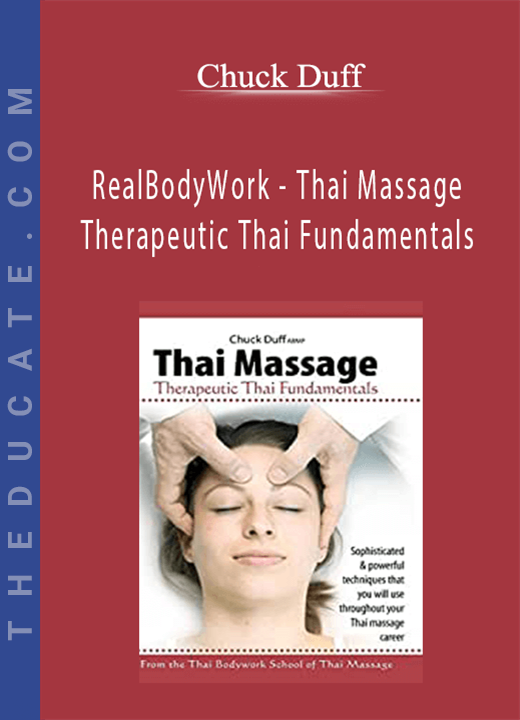
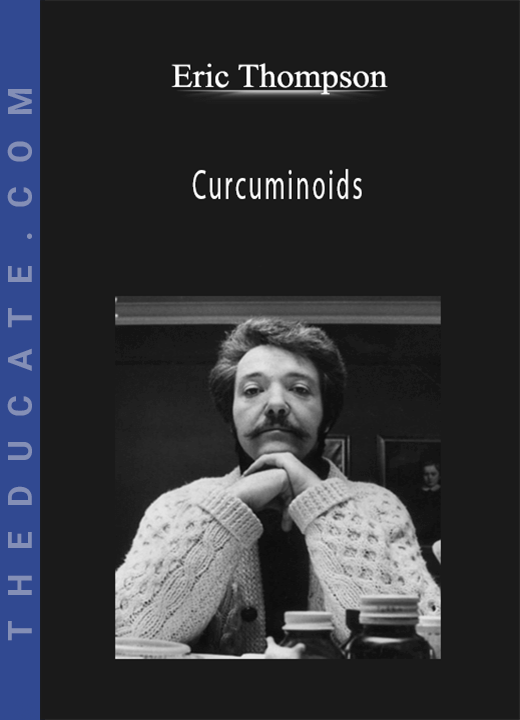
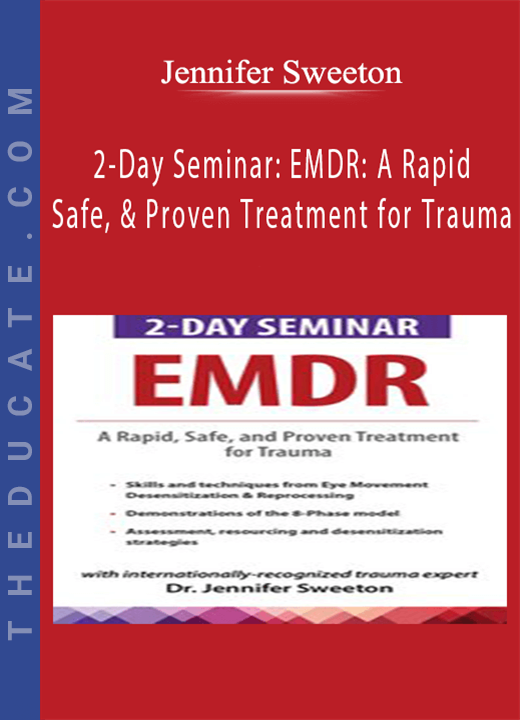
Reviews
There are no reviews yet.